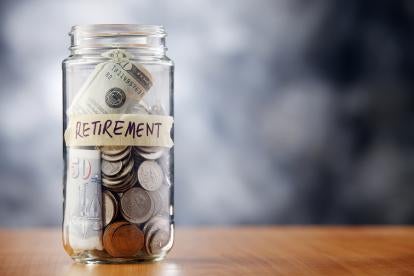“Subrogation.” This is the last word a plaintiff in a personal injury action wants to hear. It refers to an insurance company’s right to stand in – or alongside – its insured’s shoes and seek recovery of money the insurance company has paid on behalf of its insured. While subrogation may sound like an abhorrent concept to a plaintiff, it is not without its societal benefits such as protecting against fraud, windfalls and, most of all, keeping the cost of insurance reasonable.
Taking center stage in the Supreme Court this week is the matter of Robert Montanile v. Board of Trustees of the National Elevator Industry Health Benefit Plan. The Supreme Court will now determine the important question of whether a beneficiary of a benefit plan governed by ERISA (Employee Retirement Income Security Act of 1974) can defeat enforcement of the plan’s right of subrogation (its lien) by dissipating the fund. In other words, if the money from the personal injury settlement or judgment has gone before the health plan files its lawsuit, has the plan’s claim for reimbursement gone with it?
Mr Montanile was involved in an automobile accident and his medical costs were paid by the National elevator Industry Health Benefit Plan. He then sued the other driver and obtained a substantial settlement. The Plan expressly stated that:
“The Plan has the right to recover benefits advanced by the Plan to a covered person for expenses or losses caused by another party… Amounts that have been recovered by a covered person from another party are assets of the Plan by virtue of the Plan’s subrogation interest and are not distributable to any person or entity without the Plan’s written release of its subrogation interest…”
Mr Montanile failed to agree with the Plan on its interest in the settlement proceeds and the funds were released to him. The Plan subsequently sued him by which time he had spent the money. A Florida District Judge’s decision in favor of the Plan was upheld by the 11th Circuit Court of Appeals which ordered Mr. Montanile to pay back the amount paid for his medical expenses by the Plan.
The matter has now gone to the Supreme Court for a final ruling on whether the Plan can get the medical costs it paid back from the insured. The case is of great financial significance to employers with self-insured health benefit plans. Currently, there is a 6-2 Circuit split in favor of allowing health plans to recover regardless of whether the funds received directly from the personal injury matter are still available. However, as arguments started this week, most commentators tend to agree that the early returns favor the Montanile side.
A ruling against the Plan could have far reaching practical considerations. Depending on the amount at issue, health plans may begin considering filing suit for enforcement of their equitable lien immediately after resolution of the underlying personal injury action. At the minimum, a ruling in favor of Montanile would serve as a cautionary tale: do not allow a significant amount of time to elapse during negotiations of an equitable lien prior to bringing a lawsuit for enforcement of the lien.



 i
i

